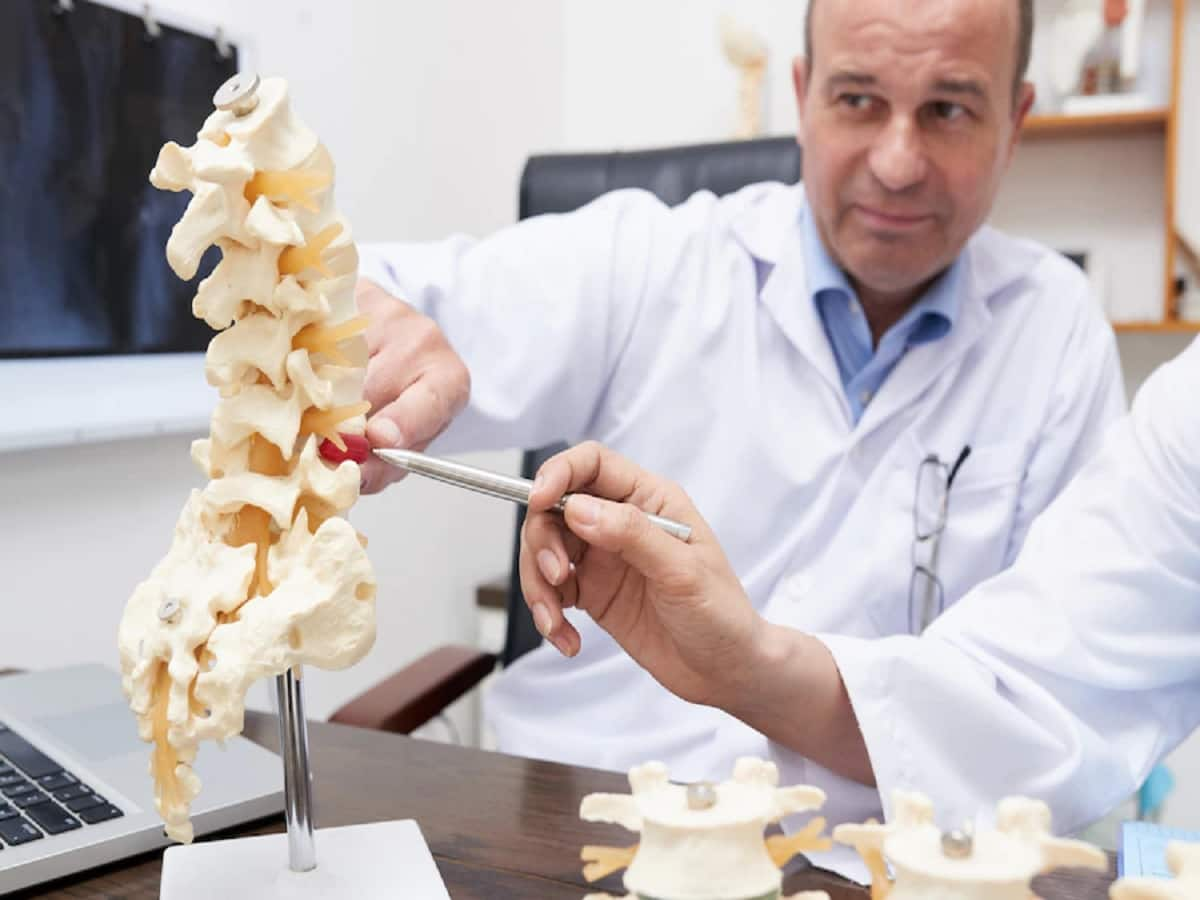 A child with one or both obese parents will have an 80 per cent chance of being obese, reveals the study.
A child with one or both obese parents will have an 80 per cent chance of being obese, reveals the study.
Being overweight or obese is not only due to high-calorie intake but biochemical and genetic factors also play a role. A study has suggested that obese parents are likely to have obese or overweight children.
“A child with one or both obese parents will have an 80 percent chance of being obese,” said Dr. Manish Motwani, Senior Obesity Surgeon, Aastha Healthcare, who conducted the study on the basis of the data of the last 3 years.
According to him, many obesity patients have the risk of obesity running in their families due to the parent-to-child transmission of multiple genes conferring a higher risk for adiposity fatness.
Risk factors related to childhood obesity
Dr. Motwani found that among 825 patients with a family history of obesity who underwent different types of bariatric surgeries in the last 3 years, around 38 per cent had obese or overweight family members including children.
“If parents have higher body mass (BMI) then the child can also have a higher BMI. Because both genes and habits are passed down from one generation to another, many members of a family will struggle with weight gain issues. People in the same family have similar eating patterns, sedentary behaviors, and levels of physical activity. So, a child’s chances of being overweight go up if one or both parents are overweight or obese,” he explained.
Eating fatty foods, less outdoor and more indoor activities, exam stress, and having aerated drinks, are other factors related to childhood obesity, he added.
Childhood obesity can increase risk of a plethora of health problems
Being overweight may impact not only the parent’s health but even the child’s development too.
Highlighting that obesity increases a child’s risk for a number of diseases and conditions, Dr. Motwani asked parents to pay attention to their children’s eating habits and make them exercise daily to maintain an optimum weight.
He cautioned that children who are obese may suffer from a plethora of health problems such as diabetes, heart disease, sleep apnoea, stress, anxiety, depression, poor self-esteem, eating disorders, hypertension, stroke, bone and joint disorders, asthma, cancer, breathing problem, gall bladder disease, liver problems, menstrual irregularities, infertility, eating disorders, dyslipidemia, high cholesterol, and sleep problems.
Childhood obesity is better prevented than treated
Dr. Motwani reminded parents that childhood obesity is better prevented than treated.
“So, parents should see to it that their children eat a well-balanced diet. Include fresh fruits, vegetables, whole grains, and legumes in the diet. Avoid junk, processed, oily, and canned foods. Children should say NO to bakery items, Chinese, burgers, pizza, pasta, sodas, colas, or ice creams. Children should exercise daily, sleep well and stay stress-free,” he suggested.
He cautioned that if childhood obesity is not prevented, and it goes to a level where the BMI of the boy/girl is above 30 then one is already into morbid obesity, and may require to undergo bariatric surgery.










